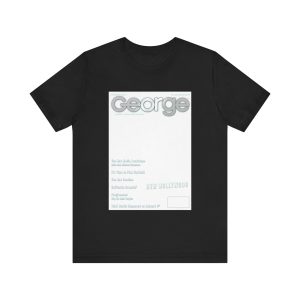

Offering a rare glimpse inside the hidden world of rejected insurance claims, new data shows a steady uptick among major private insurers.
Prescription drug denials by private insurers in the United States jumped 25 percent from 2016 to 2023, according to a new analysis of more than four billion claims, a practice that has contributed to rising public outrage about the nation’s private health insurance system.
The report, compiled for The New York Times by the medical data company Komodo Health, shows that denial rates rose from 18.3 percent to 22.9 percent. The rejections went up across many major health plans, including the country’s largest private insurer, UnitedHealthcare.
The data offers a rare look into the largely hidden world of rejected insurance claims. While some government-funded health plans are required to publish their denial rates, most private insurers keep that information confidential. Komodo draws from private databases that collect denial details from pharmacies, insurers and intermediaries.
Claim denials are “quite opaque, and a lot of decisions are made by private actors,” said Dr. Aaron Schwartz, a health economist at the University of Pennsylvania. “There are legitimate questions about whether they are appropriate.”
Widespread resentment toward health insurers boiled over last December after the murder of UnitedHealthcare’s chief executive, Brian Thompson. Doctors and patients alike took to social media to share stories of insurers’ refusal to pay for what they said was needed medical care.
Experts who have studied denials said the skyrocketing costs of popular new weight loss medications and greater automation of the claims process with artificial intelligence may have contributed to the rising rejection rates.



